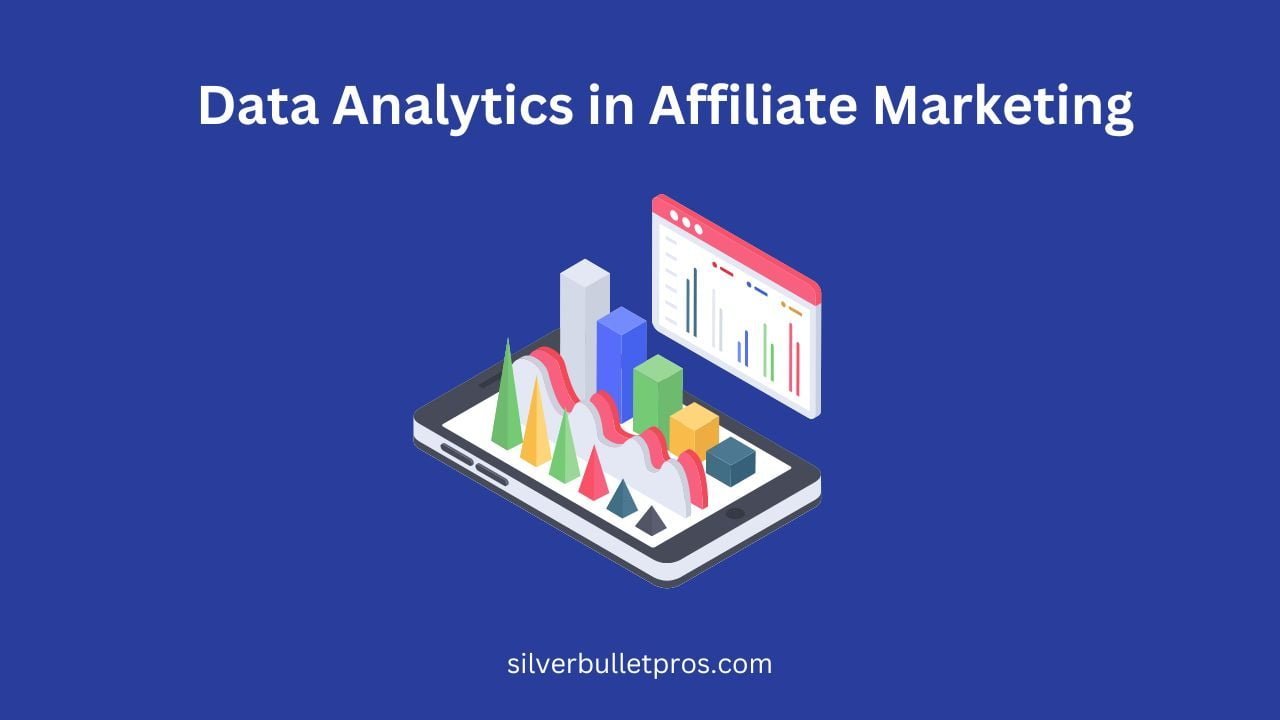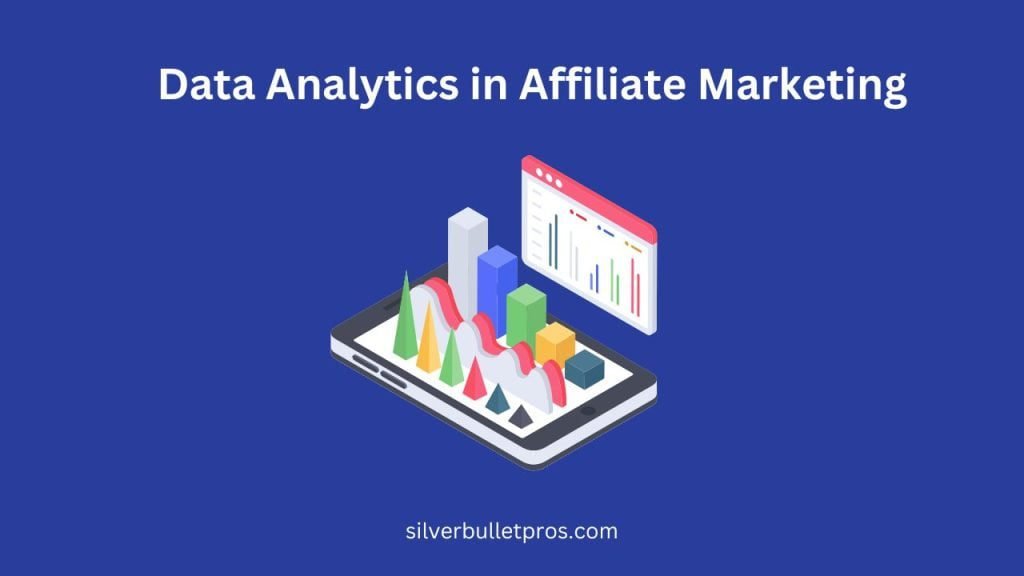

Data analytics involves the process of examining and interpreting large sets of data to uncover insights, trends, and patterns that can inform decision-making and drive business growth. Data analytics plays a pivotal role in modern business strategies, empowering organizations to make informed decisions and drive growth. By employing sophisticated tools and techniques, businesses can delve into vast troves of data to extract valuable insights that guide their operations and marketing efforts.
Here most important ways to leverage data analytics span from tracking key performance indicators (KPIs) and analyzing customer behavior to optimizing landing pages and forecasting sales trends, data analytics enables businesses to understand their audience better, identify opportunities, and mitigate risks. Here 20 major ways to leverage data analytics are given in detail.
- Track Key Performance Indicators (KPIs): Monitoring specific metrics or indicators that reflect the performance and success of a business or project, such as sales revenue, customer acquisition cost, or website traffic.
- Analyze Customer Behavior: Examining how customers interact with a product, service, or brand to gain insights into their preferences, needs, and purchasing habits.
- Identify High-Performing Products and Niches: Recognizing products or market segments that generate significant revenue or have strong growth potential based on sales data and market analysis.
- Optimize Landing Pages and Content: Improving the design, layout, and content of web pages to enhance user experience, increase conversions, and achieve specific marketing objectives.
- Personalize Marketing Campaigns: Tailoring marketing messages, offers, and content to individual customers or segments based on their preferences, behaviors, and demographics.
- Monitor Competitor Activity: Keeping track of competitors' strategies, products, pricing, and marketing efforts to identify opportunities, threats, and areas for improvement.
- Forecast Sales and Trends: Predicting future sales performance and market trends based on historical data, market research, and predictive analytics models.
- Improve Customer Service: Enhancing the quality and efficiency of customer support and interaction processes to increase satisfaction, loyalty, and retention.
- Detect Fraud and Abuse: Identifying and preventing fraudulent activities, unauthorized access, or misuse of systems, resources, or data through advanced security measures and monitoring tools.
- Enhance Reporting and Decision-Making: Improving the accuracy, timeliness, and relevance of reports and insights generated from data analysis to support informed decision-making and strategic planning.
Track Key Performance Indicators (KPIs)
One of the primary uses of data analytics is to track key performance indicators (KPIs) that are critical to the success of a business or organization. These metrics could include sales figures, website traffic, customer acquisition costs, inventory levels, and more. By continuously monitoring these KPIs, businesses can identify potential issues or opportunities for growth and make informed decisions accordingly.
Analyze Customer Behavior
Data analytics also plays a crucial role in understanding customer behavior. By analyzing data from various sources, such as website interactions, purchase histories, and social media activity, businesses can gain valuable insights into customer preferences, buying patterns, and pain points. This information can be used to improve customer experiences, develop targeted marketing campaigns, and ultimately drive higher customer satisfaction and loyalty.
Identify High-Performing Products and Niches
Data analytics can help businesses identify their best-selling products or services, as well as emerging niches or market opportunities. By analyzing sales data, customer reviews, and industry trends, businesses can make informed decisions about which products to focus on, which markets to expand into, and where to allocate resources for maximum impact.
Optimize Landing Pages and Content
In the digital age, data analytics is essential for optimizing landing pages, website content, and marketing materials. By analyzing user behavior data, such as click-through rates, bounce rates, and conversion rates, businesses can iteratively improve their online presence and content to better engage and convert potential customers.
Personalize Marketing Campaigns
With the help of data analytics, businesses can personalize their marketing campaigns to individual customers or specific segments. By analyzing customer data, such as purchase histories, browsing behavior, and demographic information, businesses can create targeted messaging, offers, and experiences that resonate with different customer groups, leading to higher engagement and conversions.
Monitor Competitor Activity
Data analytics can also provide valuable insights into competitor activity. By analyzing market data, social media sentiment, and industry trends, businesses can stay informed about their competitors' strategies, offerings, and market positioning, allowing them to make informed decisions and maintain a competitive edge.
Forecast Sales and Trends
Through data analytics, businesses can forecast future sales and market trends by analyzing historical data, industry patterns, and economic indicators. This information can be used to make informed decisions about inventory management, resource allocation, and strategic planning, helping businesses stay ahead of the curve and capitalize on emerging opportunities.
Improve Customer Service
Data analytics can help businesses improve their customer service by analyzing customer interactions, feedback, and support requests. This information can be used to identify common pain points, optimize support processes, and provide more personalized and proactive customer service, ultimately leading to higher customer satisfaction and loyalty.
Detect Fraud and Abuse
In addition to its business applications, data analytics can also be used to detect and prevent fraud and abuse. By analyzing transaction data, user behavior patterns, and other relevant information, businesses can identify potential instances of fraud, such as credit card theft or identity theft, and take appropriate actions to mitigate risks and protect their customers and assets.
Enhance Reporting and Decision-Making
Finally, data analytics plays a crucial role in enhancing reporting and decision-making processes within organizations. By combining and analyzing data from various sources, businesses can generate comprehensive reports and dashboards that provide a holistic view of their operations, performance, and trends. This information can then be used by decision-makers to make informed, data-driven choices that drive business growth and success.
What Is Data Analytics?
Data analytics is the process of examining data sets to draw conclusions about the information they contain, with the aid of specialized systems and software. It involves techniques and theories from many fields, including mathematics, statistics, and computer science. The insights gained from data analytics can be used to improve decision-making, optimize processes, and drive business strategy.
Why Is Data Analytics Important?
Data analytics is important because it helps businesses make informed decisions, identify trends, understand customer behavior, and optimize strategies for improved performance and growth.
Who Should Leverage Data Analytics in Affiliate Marketing?
Anyone involved in affiliate marketing, including affiliate marketers, advertisers, publishers, and affiliate networks, can benefit from leveraging data analytics to optimize their campaigns, track performance, and maximize ROI.
What are Some Misconceptions About Data Analytics in Affiliate Marketing?
Some misconceptions about data analytics in affiliate marketing include the belief that it is too complex or expensive for smaller businesses, that it is only useful for tracking sales, and that it violates privacy regulations.
How Do You Navigate Data Privacy Concerns When Using Data Analytics?
To navigate data privacy concerns when using data analytics, businesses should ensure compliance with relevant regulations (such as GDPR or CCPA), obtain consent from users for data collection, anonymize personal information, implement robust security measures, and regularly review and update privacy policies.
How to Gain Better Insights into Your Affiliate Marketing Campaigns?
To gain better insights into affiliate marketing campaigns, businesses can utilize data analytics tools to track key metrics, analyze performance data, conduct A/B testing, segment audiences, and monitor competitor activity. By leveraging these insights, businesses can optimize their campaigns, improve targeting, and maximize ROI.